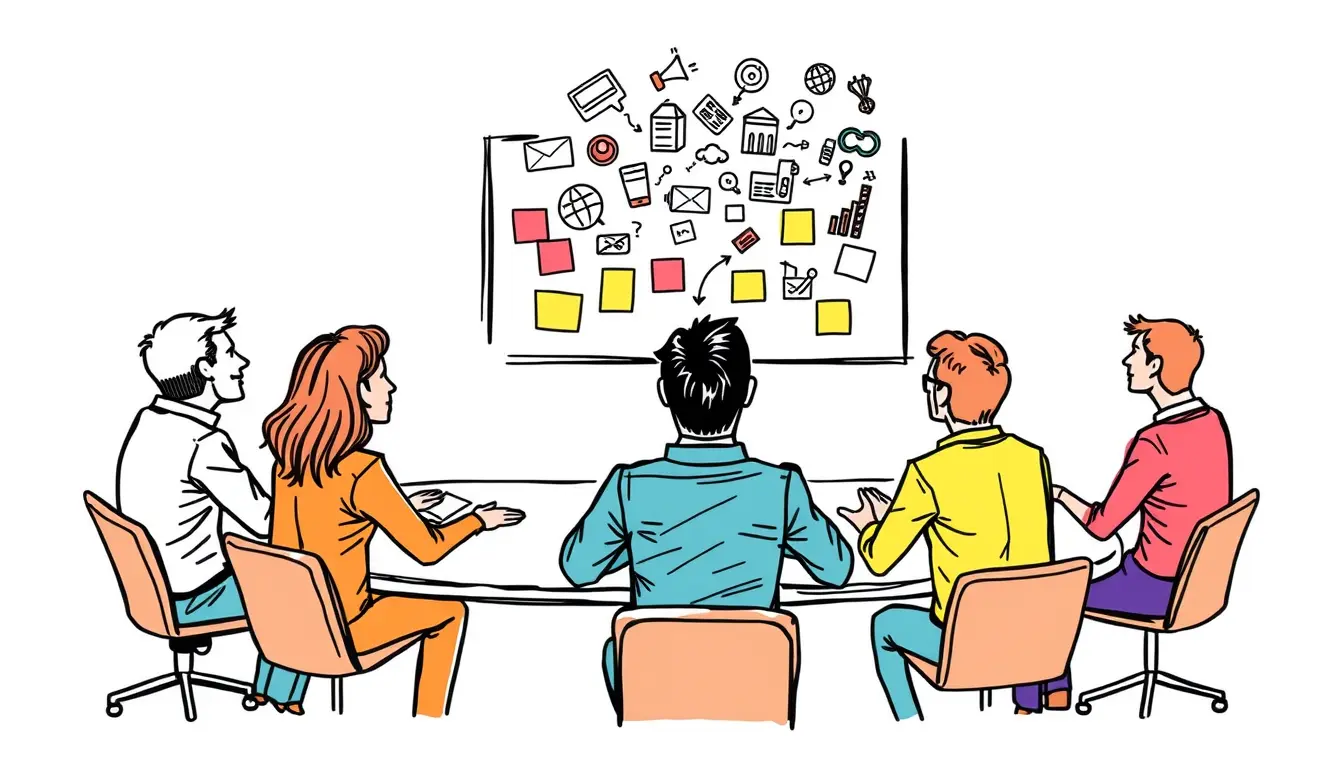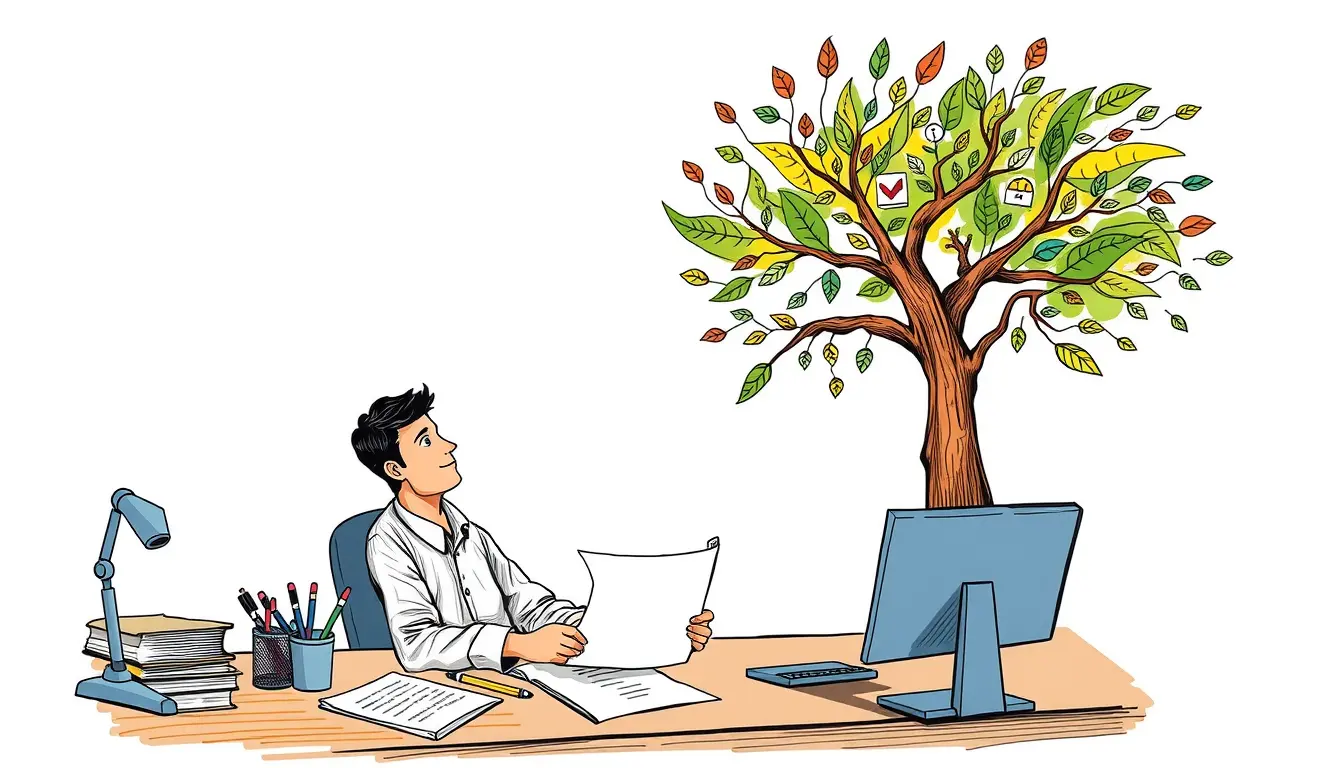Lead Business Analyst

What is a Lead Business Analyst?
“Discover the key roles and responsibilities of a Lead Business Analyst, and how this vital role plays a crucial role in business growth and success.…

Applying Facilitation Skills to Lead Requirements Workshops
“Unlock the secrets to effective leadership in requirements workshops by mastering facilitation skills. Read our blog for actionable tips and tricks!”
Search
Latest Posts
Latest Comments
Categories
Archives
- March 2026 (5)
- February 2026 (28)
- January 2026 (31)
- December 2025 (31)
- November 2025 (30)
- October 2025 (31)
- September 2025 (30)
- August 2025 (31)
- July 2025 (32)
- June 2025 (30)
- May 2025 (31)
- April 2025 (30)
- March 2025 (31)
- February 2025 (28)
- January 2025 (31)
- December 2024 (31)
- November 2024 (30)
- October 2024 (31)
- September 2024 (100)














